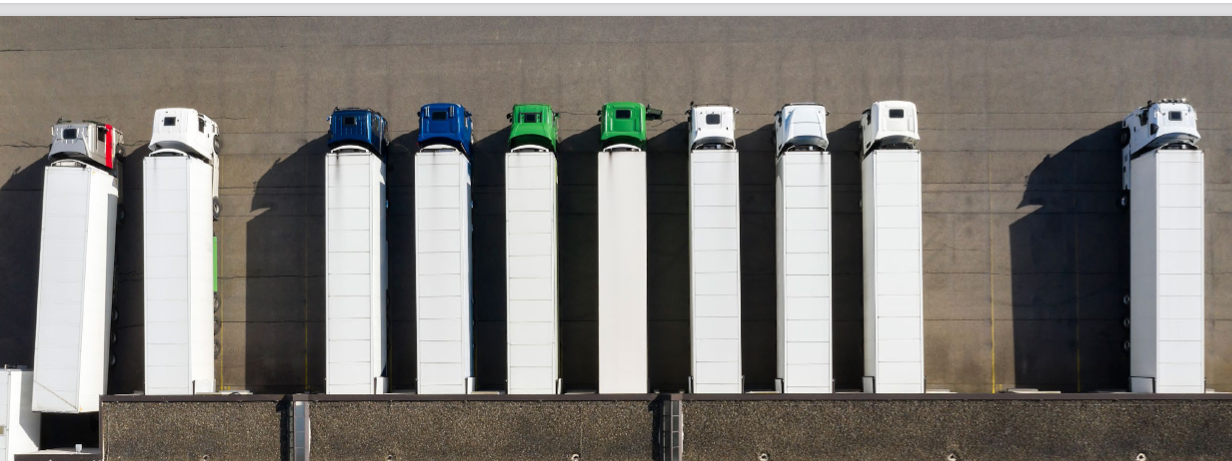
Decarbonise the supply chain
Submitted by:
Sara Waddington
The commitment to tackling climate change is accelerating in all sectors of society, with net-zero pledges from companies, cities, states and regions doubling in the past year. Decarbonising supply chains is a major opportunity for companies to put these commitments into practice.
Research published by the World Economic Forum and Boston Consulting Group (BCG) shows how tackling supply chain emissions can be a game changer in the global fight against climate change. ‘Net-Zero Challenge: The Supply Chain Opportunity’ analyses the top eight global supply chains that account for more than 50% of global greenhouse gas emissions and finds that end-to-end decarbonisation of these supply chains would add as little as 1% to 4% to end-consumer costs in the medium term.
The report breaks down the major sources of emissions along each of the eight major supply chains—food; construction; fashion; fast-moving consumer goods; electronics; automotive; professional services and freight. It assesses the key levers to reduce emissions in each supply chain and shows that many can be easily deployed today and cost very little to implement. The report also points to the global nature of many supply chains, enabling companies to support decarbonisation across borders and in countries where governments do not yet prioritise climate action.
“The opportunity for impact is especially high for consumer-facing companies, whose supply chain emissions far outweigh their direct emissions from manufacturing. These companies can use their buying power to push for rapid decarbonisation and help fund the transition by co-investing with upstream raw-material producers, which struggle to finance the transition alone,” explained BCG.
“For example, while it costs a steel producer significantly more to make zero-carbon steel, raw input materials like steel account for such a low proportion of end-consumer prices that a zero-carbon car is only about 2% more expensive for the buyer in the medium term,” it added.
The report points to nine major actions that CEOs should take today to address supply chain emissions, including:
- Building a robust view of emissions with supplier-specific data and setting ambitious targets for emissions reductions.
- Redesigning products and reconsidering geographical sourcing strategies to optimize for CO2.
- Co-funding abatement measures and educating suppliers on how to implement low-carbon solutions.
- Engaging in industry ecosystems to share best practices and create a demand signal for green products.
- Aligning incentives internally to ensure that decision-makers focus on lowering emissions.
Patrick Herhold, a report co-author and managing director and partner at BCG’s Centre for Climate Action, said: “The argument that costs are a major barrier to reducing emissions is increasingly flawed—around 40% of the emissions across the eight major supply chains that we analysed can be eliminated with measures that bring cost savings or are at costs of less than €10 per ton of CO2 equivalent. Increasing process efficiency and the use of recycled materials, as well as buying more renewable power, provides companies with major climate gains at very low costs.”
A copy of the report can be downloaded at http://www3.weforum.org/docs/WEF_Net_Zero_Challenge_The_Supply_Chain_Opportunity_2021.pdf
